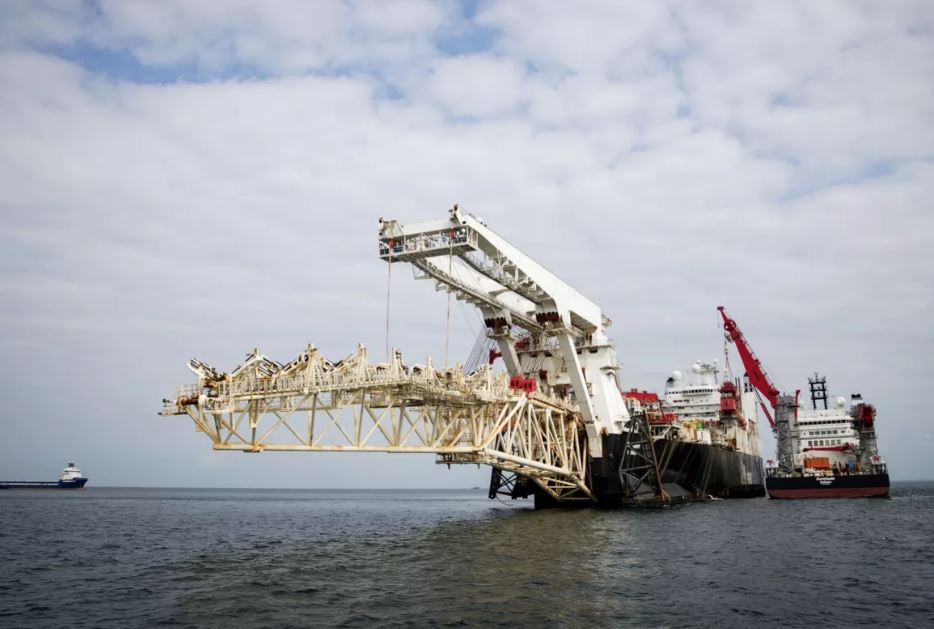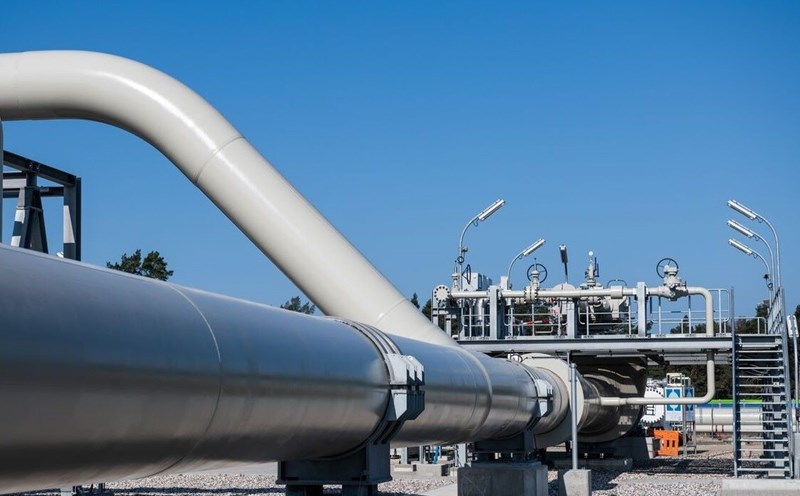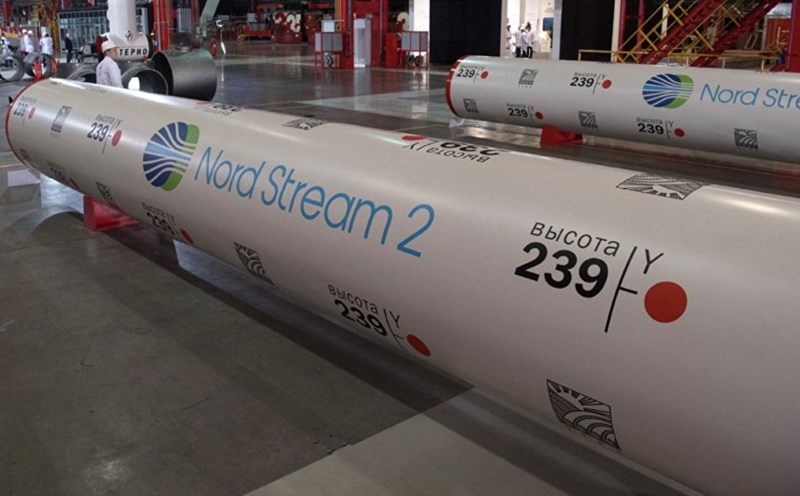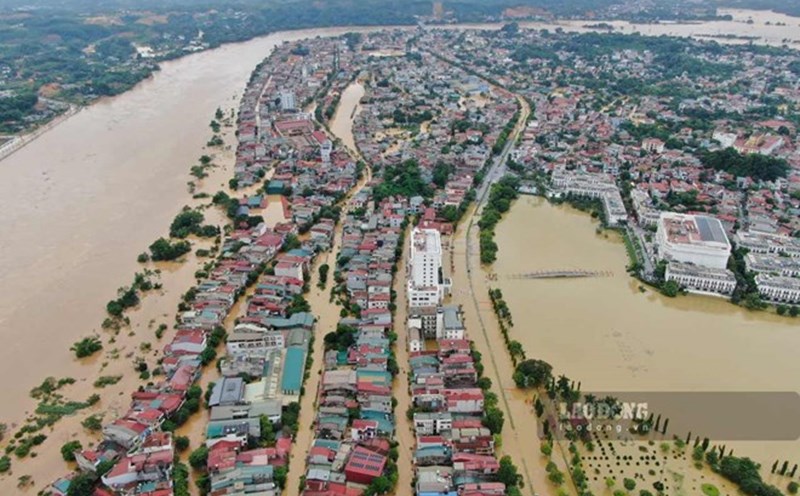TASS reported that a European lawmaker of the Polish opposition Law and Justice Party (PiS) has just caused controversy when calling for the organization of a Ukrainian citizen arrested in Warsaw - a suspect in the Nord Stream sabotage - to escape from prison.
Speaking on RMF FM, lawmaker Tomasz Bochenski affirmed: That is exactly the way to solve problems like this. For national interests, Poland should not extradite him nor prosecute him.
Suspect Vladimir Zhuravlyov, 46, a Ukrainian citizen, was arrested by Polish police on the morning of September 30 in Pruszkow city near Warsaw under a European wanted notice. Zhuravlyov is suspected of being involved in the German bombing of the Nord Stream 1 and Nord Stream 2 gas pipelines in the Baltic Sea in September 2022.
The Warsaw District Court on October 1 decided to temporarily detain Zhuravlyov for 7 days pending German submission of the case file. If extradited and convicted in Germany, he could face up to 15 years in prison.
Defense attorney Tymoteusz Paprocki said his client completely denied all allegations, and would appeal the detention decision and request release on bail during the trial.

According to Die Zeit, German prosecutors have identified the entire Nord Stream sabotage suspect group, including 6 Ukrainian citizens, including the captain, coordinator, explosives expert and 4 divers. The group is believed to have traveled by Andromeda from Rostock to the explosives storage area.
A seventh suspect is believed to have died in eastern Ukraine in December 2024.
Bochenski's speech immediately caused controversy, because it hinted at the policy of protecting Ukrainian suspects, rather than judicial cooperation with Germany - the country that directly investigated the sabotage that shocked Europe.
Poland has 100 days to make a final decision on the extradition of Zhuravlyov. In an interview with Polish television on October 2, Mr. Tomasz Siemoniak, Minister of Coordination of Polish intelligence agencies, said that Poland did not see the need to rush to extradite.
Siemoniak called the incident "extremely serious" and called for a thorough investigation. The extradition decision must be made by the court, and the court has 100 days to decide whether to extradite the Ukrainian citizen.
Meanwhile, Marcin przydacz, Polish Foreign Minister and Director of the International Policy Office, said that authorities should consider the legal bases for extradition and consider the political consequences of this decision. He added that the move could affect Poland-Ukraine relations.
"If this person has shown courage and profound determination to make Europe safer, then his actions, which is in his interests, must certainly be considered," the official said.








